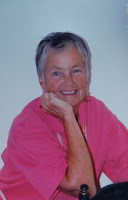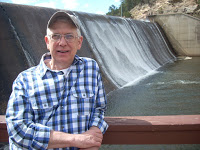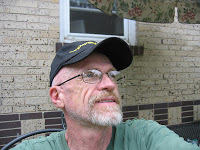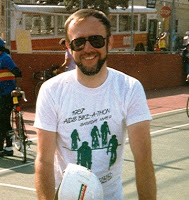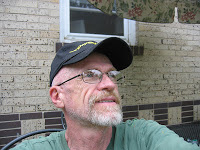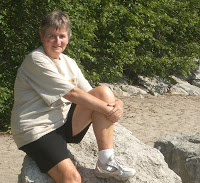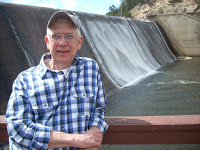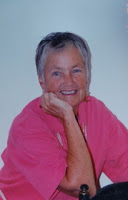So, why do people put stickers on their bumpers? The reasons probably vary from person to person. In my opinion most do it for identity reasons. They want the rest of the world to know who they are. Rather than putting a sticker on their chest or bum they put it on their bumper. After all, signs are specifically made for car bumpers and are readily available for purchase or for making a donation or showing support.
Another reason I think some people sport bumper stickers is that they think it will help to bring about that which they are promoting For example, the election of a particular candidate, or a more peaceful society (War is Not the Answer, Life is Short, Pray Hard, Close Guantanamo, better gun control, etc. ) You name it, there is a bumper sticker for just about any cause. But again, I think a cause soon becomes a part of one’s identity. And if you have a bumper sticker promoting your cause, you better stick with it because it ain’t comin’ off any time soon
Traveling in the northwest many years ago I saw this one: an image of an erupting volcano inside a circle with a line through it. I wondered who put this out. Could there be a movement starting dedicated to stopping volcanoes from erupting? Another one I saw in our travels also on the west coast somewhere. This one is even better than the one that addresses the volcano problem: STOP PLATE TECTONICS. That one was hysterical. I assume the people driving those vehicles want to be funny. I don’t suppose they actually think they can stop……..hmmm, I wonder. No, surely they don’t think they can…………….?? Now wouldn’t that be the ultimate in arrogance. I think they just have a good sense of humor.
Personally, I don’t like bumper stickers because they are impossible to take off the bumper once you put it on. There are solvents that will take off the residual adhesive. The down side is they also remove the paint. So I think twice before sticking the thing on there. One day you feel strongly about a cause. The next day you change your mind about whatever you are promoting. Or let’s say you want to change your image. It’s very hard to get rid of the old labels be they in people’s minds and perceptions or on your bumper. I would like some of the adhesive that is used to stick on bumper stickers; that is, I would like to have a supply of it at home. It’s stronger and longer lasting than super glue.
I guess the lesson of the bumper sticker is: be sure who you want to be or at least who you want to appear to be before you take on a label.
© 5 Jan 2015
About the Author
Betsy has been active in the GLBT community including PFLAG, the Denver Women’s Chorus, OLOC (Old Lesbians Organizing for Change), and the GLBT Community Center. She has been retired from the human services field for 20 years. Since her retirement, her major activities have included tennis, camping, traveling, teaching skiing as a volunteer instructor with the National Sports Center for the Disabled, reading, writing, and learning. Betsy came out as a lesbian after 25 years of marriage. She has a close relationship with her three children and four grandchildren. Betsy says her greatest and most meaningful enjoyment comes from sharing her life with her partner of 30 years, Gillian Edwards.
